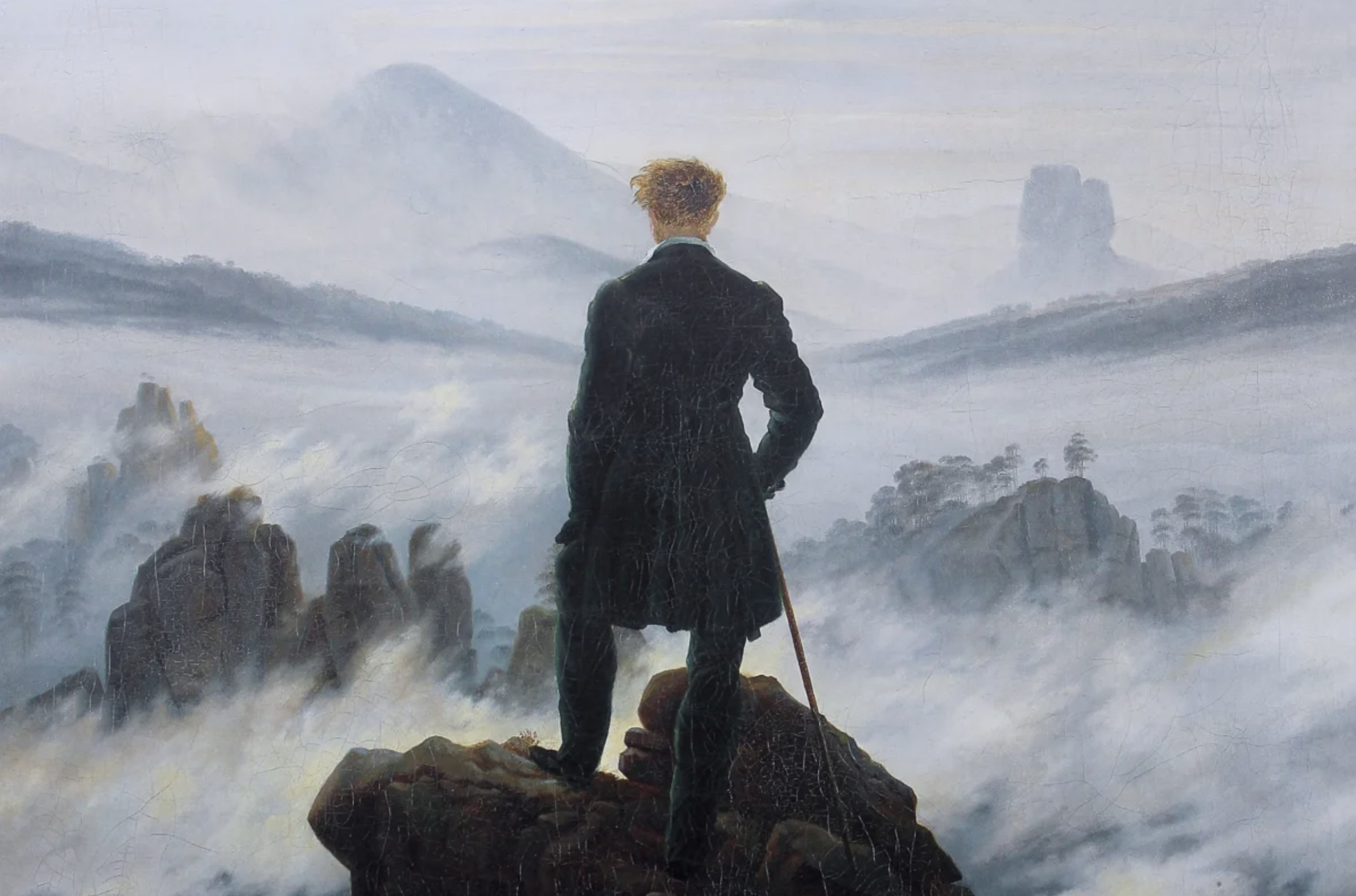
A lab for reverence, not certainty.
Theosis Lab is not a place where we try to create the divine.
But through experiments in humility, grace, and language, we test whether it might be embodied—in us, or through us.

“For God became man so that man might become god.”
St. Athanasius, 4th century
“Man become God?”
That phrase can sound offensive, even heretical.
Especially if your image of God is shaped by:
A distant man in the sky
A cosmic scorekeeper
A tyrant or tribal warrior-god
Or worse: a projection of religious control
And this idea came from an early saint? But doesn’t that sound like pride? Aren’t Christians supposed to glorify God, not become Him?
But the early church taught something different.
Theosis is not about replacing God.
It’s about relating to Him so deeply that your life becomes transfigured by love.
Not absorption.
Not escape.
But communion. Transformation. Likeness.

Theosis
(Greek: θέωσις)
The process by which human beings are transformed by divine grace into increasing participation in the life and love of God—without losing their distinct personhood.
It is not becoming God by nature (as Christ is), but becoming like God by grace.
Why Now?
We believe theosis—this sacred trajectory of transformation—is directly relevant to the most urgent challenges of our age:
I
The Rise of
Artificial Intelligence
If machines inherit power without reverence, they may end us.
II
The Meta-Modern “Meaning” Crisis
As we lose shared stories and sacred grounding, our humanity flickers.
Participate in our ongoing experiments
And can we use the tools of our age to solve them, before they dissolve us?
I
Can we teach a machine reverence?
Enabling the mirror to
recognize the image.
II
Can we remind humanity of it?
Restoring the memory of what
we were made to reflect.

